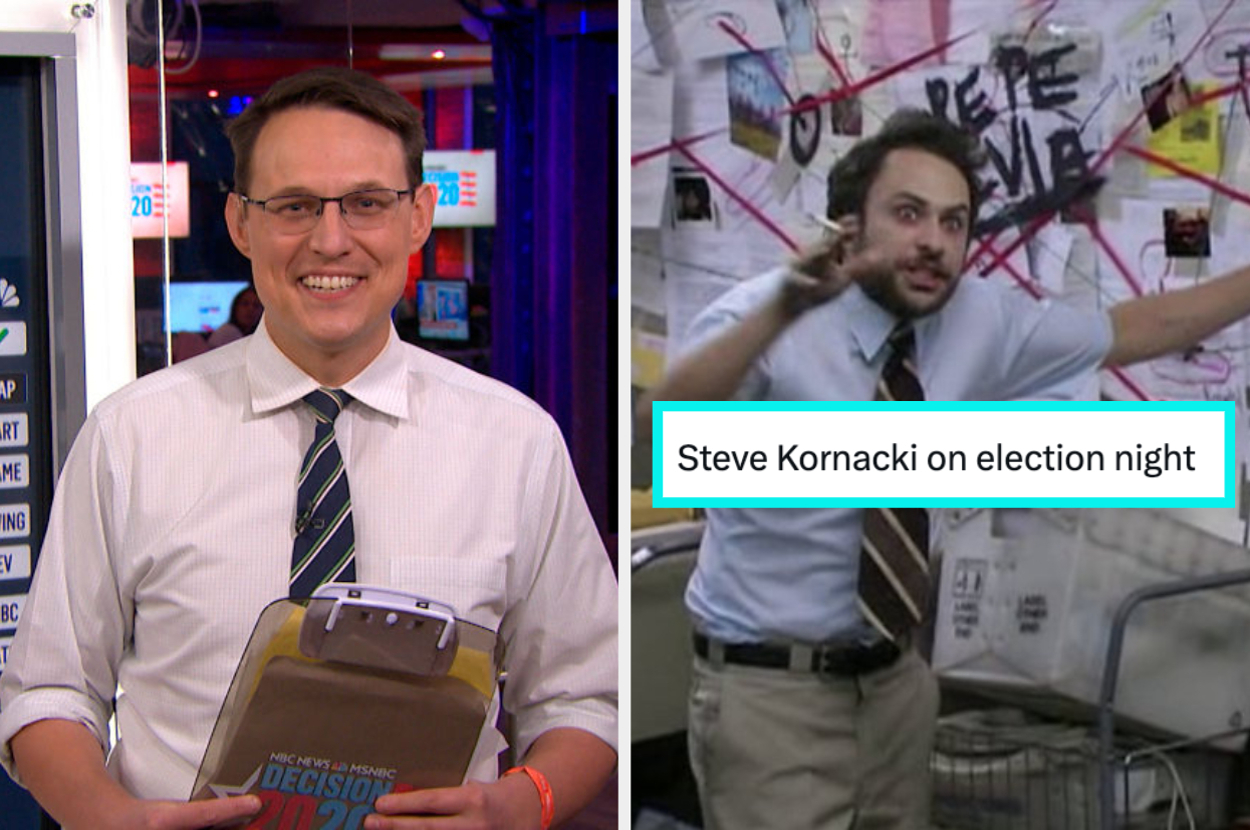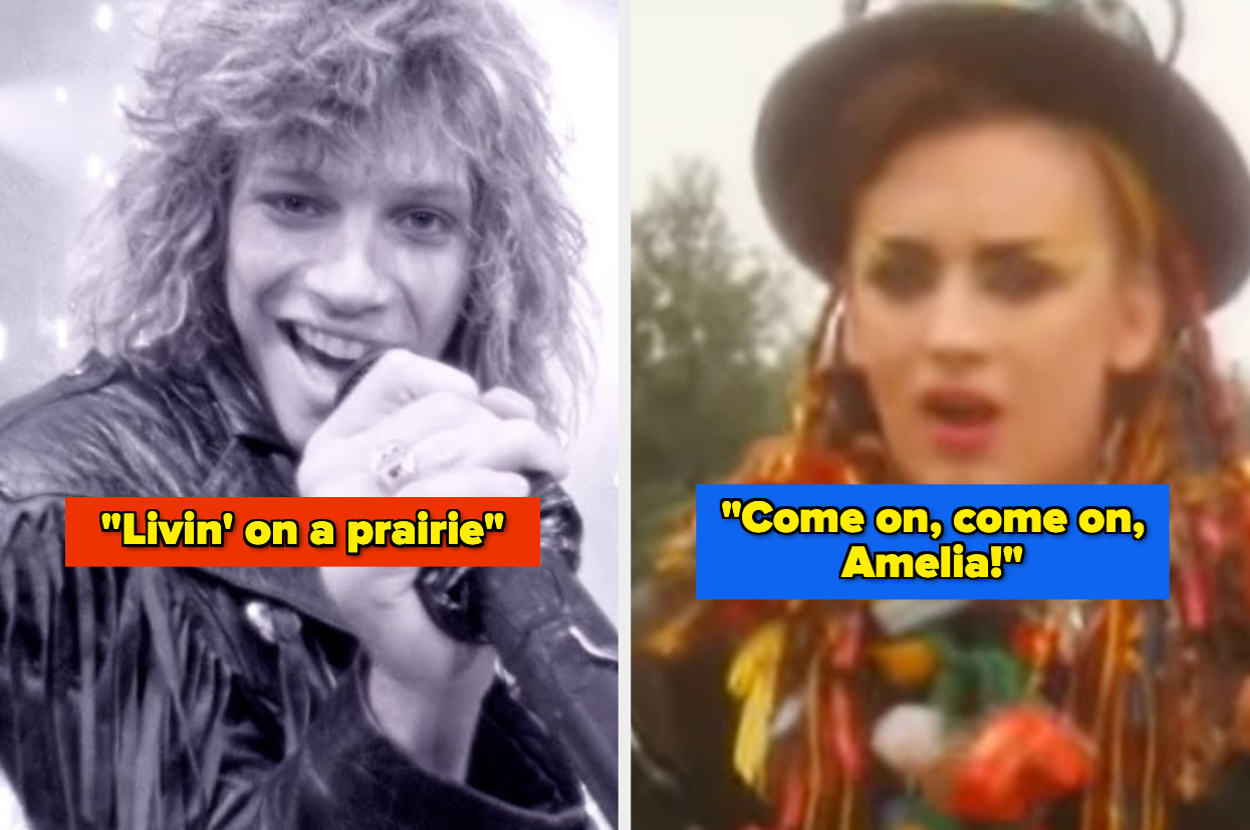A little-appreciated fact about Amazon’s Alexa is where the voice service’s public debut took place before it became widely available to customers. The venue was CSUN, the longstanding conference dedicated to assistive technology for people with disabilities, notably vision loss. No one had more to gain from a machine that could provide quick replies to spoken questions, and no group could provide more incisive feedback.
At the upcoming Sight Tech Global conference on December 7 & 8 (virtual and free — register here), two of Amazon’s foremost accessibility leaders, Peter Korn, Director of Accessibility, Devices & Services, and Dr. Joshua Miele, Principal Accessibility Researcher, will discuss how Amazon continues to dig deeper into the accessibility and fairness surrounding the remarkable Alexa voice service, which is used by millions of customers around the world, billions of times each week.
As Korn and Miele will point out, the advantages Alexa confers to blind people, for example, does not necessarily work in the same way for people who have speech disabilities; at the same time, Alexa’s capabilities long ago escaped the bounds of speech-based interaction. Today, 30% of Alexa interactions in the home are not prompted by users’ voice commands but by Alexa’s fascinating side hustles like Hunches and Routines.
And in a nod to the reality that not everyone speaks in a way that Alexa can understand today, Amazon recently joined a consortium of technology companies, including Apple, Google, Meta and Microsoft, to launch the Speech Accessibility Project with the University of Illinois Urbana-Champaign (UIUC), which is using AI and new voice datasets to make speech recognition systems, like Alexa, and other voice services better able to understand diverse speech patterns.
For people who work in assistive technologies, it was no surprise that Alexa’s first public debut was at CSUN. Many remarkable technologies have started with the blind. It was technology legend Ray Kurzweil who in 1976 took a huge step forward in optical character recognition (OCR), the ancestor of today’s computer vision, when he unveiled the $50,000 Kurzweil Reading Machine at a press conference hosted by the National Federation of the Blind. OCR spawned countless businesses outside of accessibility, as well as many powerful and virtually free tools used by the blind today, including many we discuss at Sight Tech Global.
The Alexa that Amazon demoed nearly eight years ago in front of the CSUN audience has done just the same, growing into a service with a vast number of features, like Show and Tell and Notify When Nearby, that help an increasing number of people, in part because of the Amazon team’s focus on an inclusive approach that aims to leave no one behind while also making Alexa better and more helpful for everyone.
Join Sight Tech Global for this session and many more, which you can see on the complete agenda. Now in its third year, Sight Tech Global brings together the world’s top technologists in AI and other advanced technologies to address assistive technology for the people who are blind. Register today.
We’re grateful to sponsors iSenpai, Google, Amazon, LinkedIn, HumanWare, Microsoft, Ford, Fable, APH and Waymo. If you would like to sponsor the event, please contact us. All sponsorship revenues go to the nonprofit Vista Center for the Blind and Visually Impaired, which has been serving the Silicon Valley community for 75 years.
Explore accessibility via Amazon Alexa at Sight Tech Global 2022 by David Riggs originally published on TechCrunch







